Effective Ways To Treat The Flu
The flu, which is also known as influenza, is a contagious illness caused by the influenza virus. This virus primarily affects the respiratory system and results in mild to severe symptoms, including a fever, sore throat, runny or stuffy nose, headache, as well as chills, coughing, fatigue, and body aches. Although most assume the flu is the result of one virus, there are actually several types of the flu, though some are more common than others. When battling the flu, individuals need to know all potential treatment options so they can fight it with all of the best remedies. Additionally, several of the treatment options available also act as preventative measures.
Get familiar with the main treatment options for the flu now.
Antiviral Medications

Antiviral medications target the influenza virus in the body to decrease the duration of a case of the flu by one to two days. Antiviral drugs can also help lessen the severity of flu symptoms and prevent complications at the same time. There are three major antiviral medications designed to treat the flu, each of which comes with its own delivery route. Oseltamivir is administered orally, zanamivir is an inhalant, and peramivir is an intravenous medication. They are typically prescribed for five days and can be taken by children and pregnant women. Side effects from these medications are rare, but include nausea, vomiting, dizziness, congestion, and headache.
Keep reading to learn more about the various ways to treat the flu now.
Over-The-Counter Medications
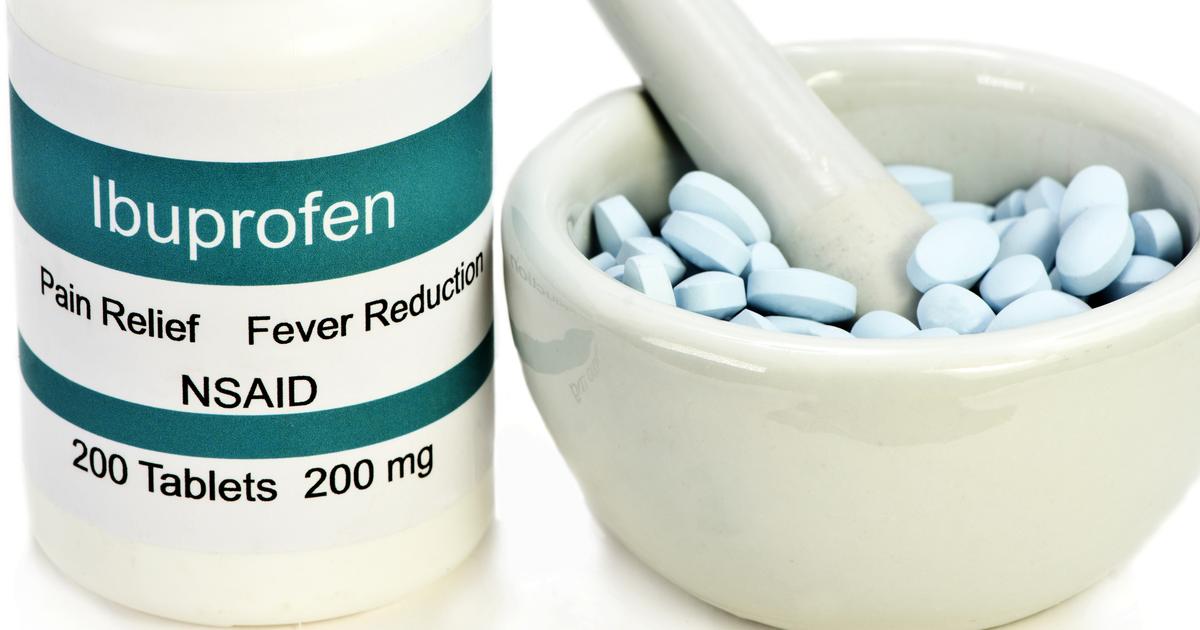
There are quite a few different over-the-counter medications designed to alleviate the symptoms associated with the flu, although they do not shorten the duration of the illness. Patients sick with the flu can choose to take just acetaminophen or ibuprofen like they would if they were only dealing with a headache, however, many companies offer specific cold and flu medication with not just one of either acetaminophen or ibuprofen included, but also other medications to help with other symptoms. Affected individuals should choose the over-the-counter flu medication that best suits their symptoms and preferences. Of course, they should always follow the dosage instructions on the package to avoid potential side effects, which can include stomach pain, vomiting, and nausea. Furthermore, patients should not use over-the-counter medication to treat the flu for longer than one week without consulting a doctor.
Learn more about how to treat the flu now.
Drink More Fluid

Individuals should always drink water to keep themselves hydrated even if they do not have the flu, but staying hydrated becomes even more important when it comes to treating the flu. Drinking more fluid than usual helps prevent dehydration, which can occur with the flu if patients are dealing with vomiting or sweating. Staying adequately hydrated helps the body regulate its temperature, which can be a great help with alleviating a fever. Drinking lots of fluid also helps loosen phlegm, which can get rid of a stuffy nose. Although water is the best source of hydration, patients with the flu may also want to consider drinking things such as hot chicken noodle soup, sports drinks, or even apple juice. Patients should drink fluids when they take medication, when they wake up in the morning or from a nap, as well as with meals.
Read more about treating the flu effectively now.
Get Plenty Of Rest

Fatigue and body aches, both of which are significant symptoms linked to the flu, are also key indicators the body needs to rest. As many know, when they're sick, their immune system puts its resources towards fighting the illness, which can often leave them physically and cognitively drained. Thus, to give their body the best chances of fighting an illness like the flu, patients should get plenty of rest. This means sleeping for eight to nine hours during the night, but also resting throughout the day and avoiding overexerting themselves. Being sick with the fu is a perfect time to catch up on reading or a favorite television show. If sleep is disrupted at night, individuals sick with the flu should also consider taking short naps throughout the day as well. Without enough rest, the duration and severity of the flu will be extended.
Learn more about how to treat the flu now.
The Best Defense: Vaccination

Ultimately, the best treatment for the flu is actually to prevent it in the first place, Thus, individuals who can do so should always get an annual flu vaccine. Every year, health officials create a flu vaccine designed to combat what research indicates will be the most common strain of the influenza virus during that upcoming flu season. Flu vaccines are often available at pharmacies and local drug stores, but many patients can also receive it at their doctor's office. Since the flu tends to be seasonal and peaks in the winter, the flu vaccine is distributed at the beginning of the fall. Side effects of the vaccine include flu symptoms that last for one to three days as well as redness at the injection site. Although the vaccine is incredibly effective at preventing the flu, it is important to note it may not always do so. However, what is clear is patients who get vaccinated but end up getting the flu anyway will have a much milder case of the flu.
Discover additional treatments for the flu now.
Throat Lozenges
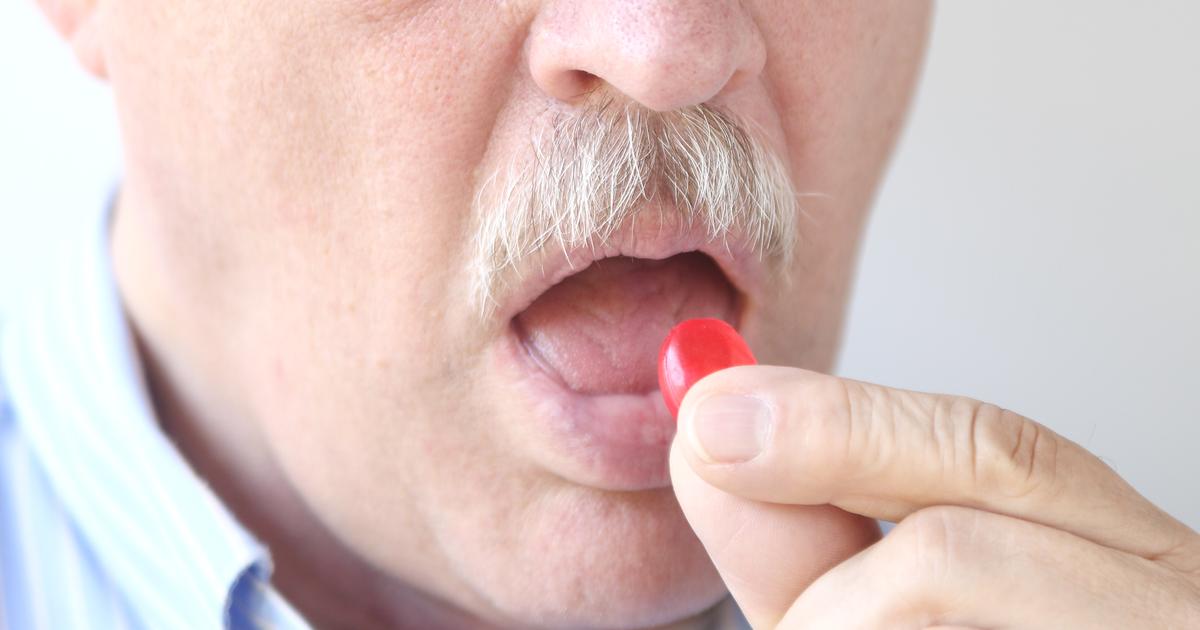
Throat lozenges, also commonly called cough drops, are small tablets that can be used to help alleviate coughs and sore throats. The tablets are typically medicated. To use them, individuals must unwrap each lozenge and then let it dissolve slowly in the mouth so the ingredients can take effect. In addition to stopping coughing, lozenges can also soothe irritated throat tissues and lubricate a dry throat. The most common reasons to use cough drops include dealing with the flu or common cold. Some lozenges include an anesthetic called benzocaine, which helps reduce pain from a sore throat and suppress the reflex to cough. When drops don't contain menthol, they usually have pectin or zinc gluconate glycine. Some lozenges have active ingredients like spearmint, peppermint oil, and menthol. It's also possible to get honey lozenges. Although these won't help patients recover from the flu faster, they can ease some of the discomfort.
Get more information on treating the flu effectively now.
Wash Hands Frequently
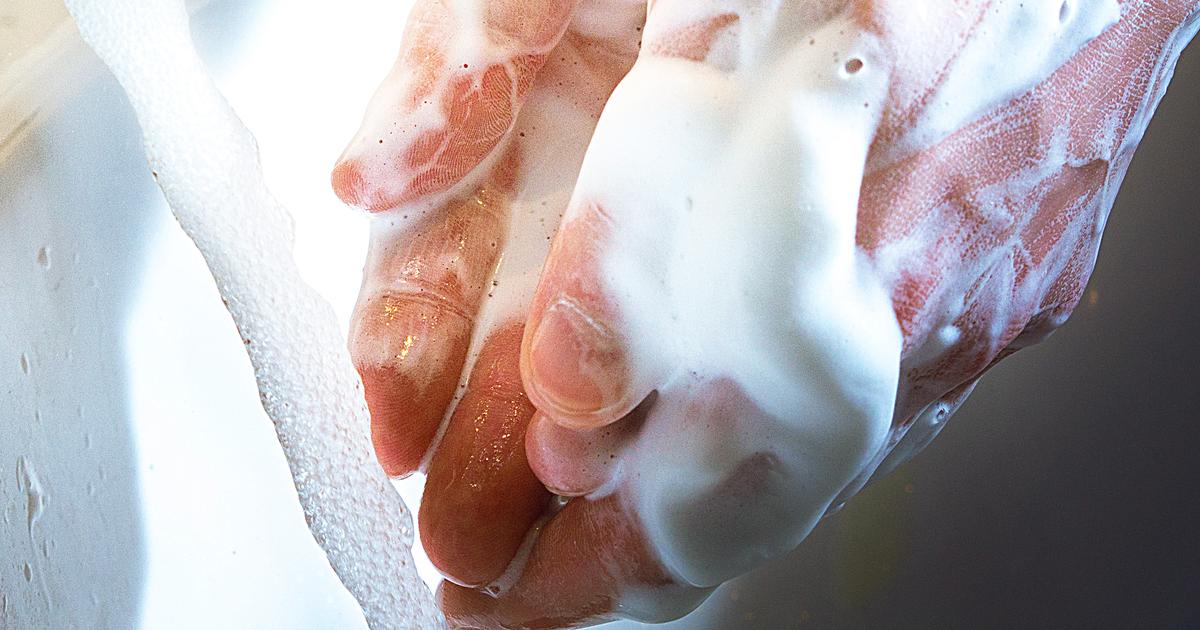
Washing one's hands frequently is one of the main ways to prevent illnesses like the flu. If someone already has the flu, hand washing also helps them keep from transmitting the disease to others. Hand washing can keep individuals from contracting other illnesses on top of the flu, which speeds the recovery process. Individuals should wash their hands before, during, and following the preparation of food. Hand washing should occur before eating food, before and after treating a wound or cut, and after touching the garbage. They should also wash their hands after touching pet treats or food, dealing with animals or their waste, sneezing, or blowing their nose. Hand washing is also necessary after using the toilet, cleaning a child who's recently used the toilet, or changing a diaper. It's important to engage in thorough hand washing practices. Individuals should scrub their palms, backs of their hands, between their fingers, under their fingernails, and their wrists. The entire process should take a minimum of twenty seconds for full cleanliness.
Read more about how to treat the flu now.
Take Expectorants
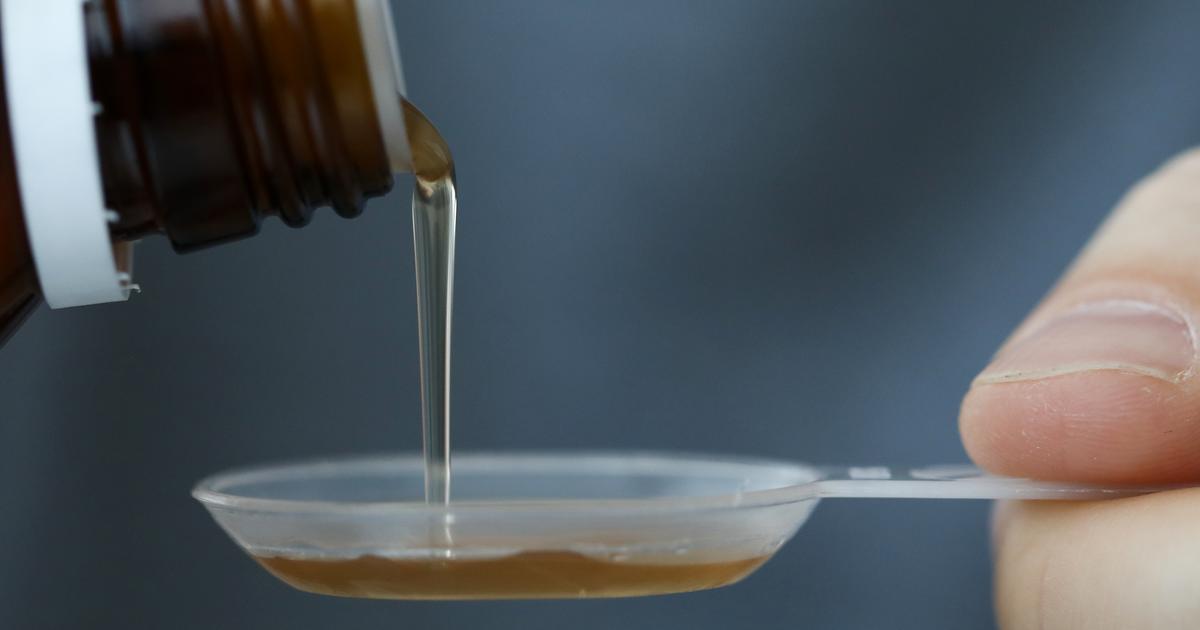
One aspect of the flu is the increased production of mucus in the body, and patients tend to have excess mucus in their respiratory system. It can be too dry to cough up, leading to shortness of breath and dry coughing. If patients take an expectorant, they can cough up the phlegm in their lungs and throat to open their airways. Expectorants thin and loosen mucus by giving it a higher water content. Though expectorants don't treat the underlying flu virus or other infection that's causing symptoms, they can help affected individuals sleep better at night. The more sleep patients get, the better their immune system will function as it fights off the virus. Some expectorants can be prescribed by a doctor, and there are also over-the-counter options available. A variety of natural expectorants can be purchased as well. Even taking a steamy shower can sometimes be enough to loosen mucus in the chest. If patients are not feeling up to a shower, a hot bath can have the same effect. Brewing a mug of hot tea and letting it steam under their nose also sometimes helps.
Keep reading for more methods of treating the flu now.
Try Decongestants
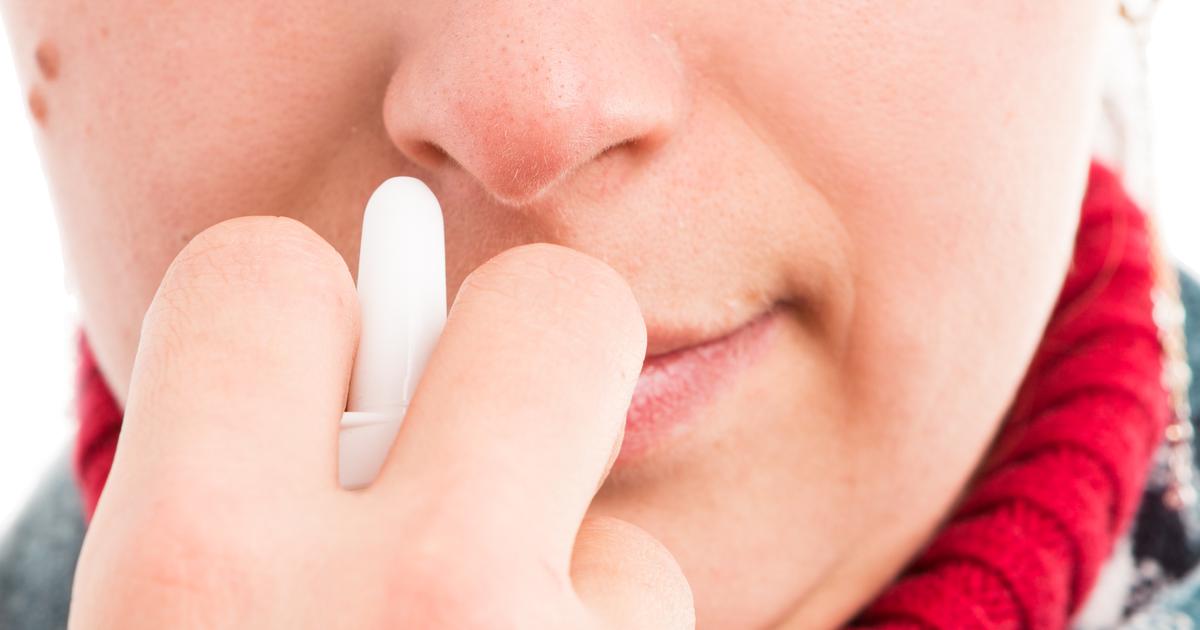
One option when treating the flu is to try decongestants. These won't always work, and the effectiveness depends on a patient's exact flu symptoms. Decongestants are most commonly used for allergies because of how they affect the tissues and blood vessels. When the linings inside the nose, throat, or sinuses swell, a decongestant will shrink the swollen tissues and blood vessels. This helps relieve congestion, which occurs when the breathing passages become narrow. However, decongestants won't help get rid of mucus, and they also won't alleviate sneezing symptoms or pains caused by the flu. There are several over-the-counter decongestants available, so patients don't need to get a prescription. Different types might appear in nasal sprays, nose drops, liquids, or pills. Three of the most common decongestant ingredients are pseudoephedrine, phenylephrine, and oxymetazoline. If patients are experiencing allergies on top of their flu symptoms, they can also get a decongestant that has an antihistamine. Antihistamines help reduce allergy responses that occur due to the immune system's release of histamines.
Discover additional options for treating the flu now.
Nasal Irrigation

Nasal irrigation is a process in which individuals flush out the nasal passages using water or a saline solution. The most common instrument to help with this is called a neti pot, though there are other ways to deliver nasal irrigation. Nasal irrigation is best for those whose flu symptoms are causing a distressing amount of impacted mucus buildup in the nose. Though they're not often used as a first-line flu treatment, they are very common in the treatment of colds and allergies. Nasal irrigation may also be used in healthy individuals who need to add moisture to their nasal passages following exposure to dry air. It's important to use neti pots properly, as improper use can lead to an increased infection risk. Every time individuals use a neti pot, they must clean it properly according to the manufacturer's instructions. They also shouldn't use tap water for nasal rinses. Filtered and distilled water should be used instead, since it's been treated and had potentially harmful substances removed.